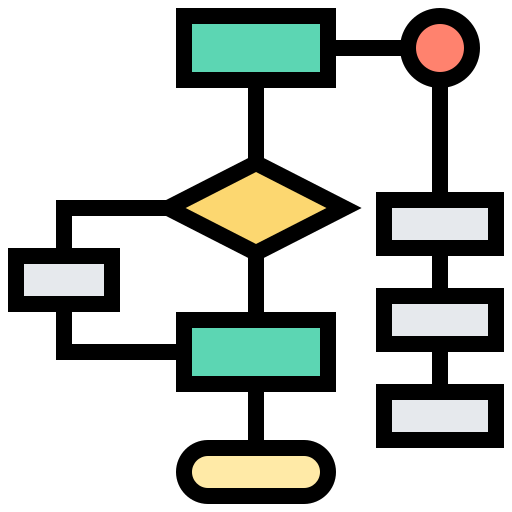HTTP 418: I'm a teapot
The server identifies as a teapot now and is on a tea break, brb
HTTP 418: I'm a teapot
The server identifies as a teapot now and is on a tea break, brb
Agile Memes
Agile methodology: where two-week sprints somehow take three weeks and "customer collaboration" means changing requirements daily. These memes capture the beautiful contradiction of processes designed to embrace change while developers desperately crave stability. If you've ever played planning poker with wildly different estimates, watched a simple standup evolve into an hour-long meeting, or created story points that have no relation to actual time, you'll find solidarity here. From Scrum masters who were project managers last week to retrospectives where the same issues appear sprint after sprint, this collection celebrates the methodology that promised to fix software development and instead gave us new jargon for old problems.

 AI
AI
 AWS
AWS
 Agile
Agile
 Algorithms
Algorithms
 Android
Android
 Apple
Apple
 Bash
Bash
 C++
C++
 Csharp
Csharp















